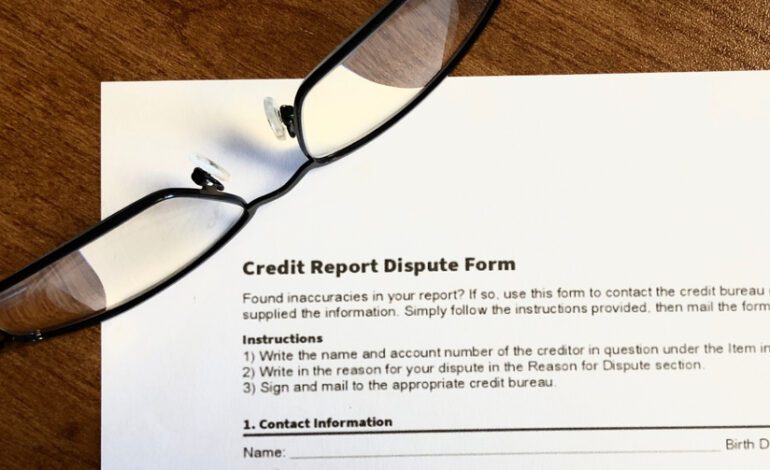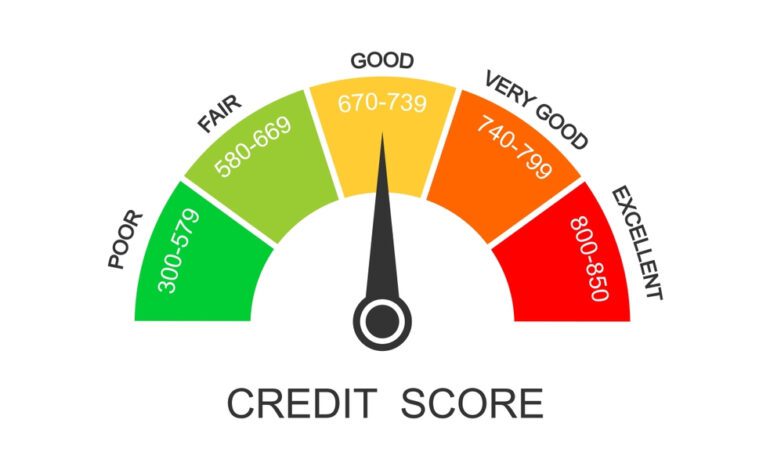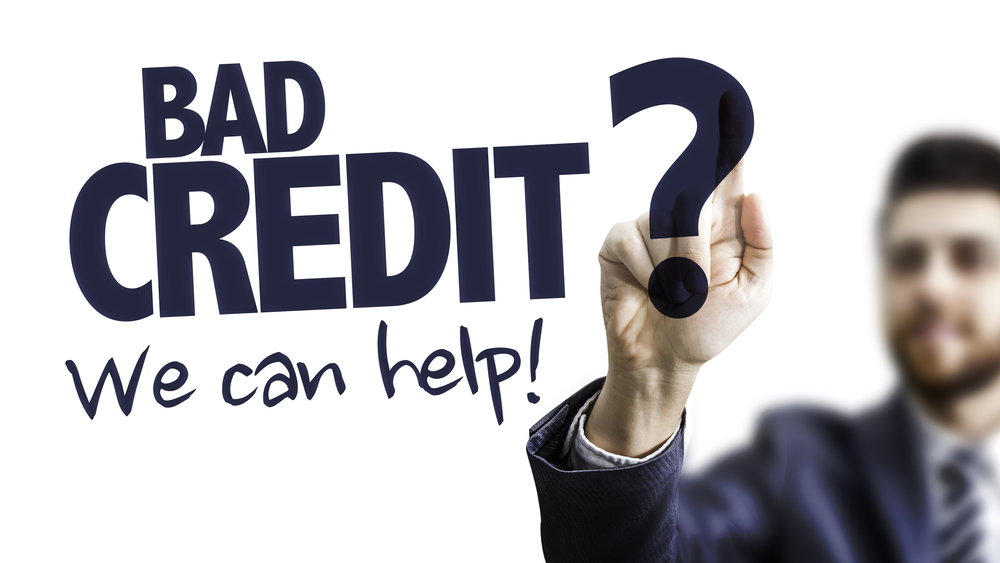Steps to Dispute Errors on Your Credit Report

Mistakes happen, even on official documents like credit reports. Whether it’s a payment mistakenly marked as late or an account you don’t recognize, errors on your credit report can have detrimental effects on your credit score. Here’s a guide to disputing those inaccuracies.
1. Obtain Your Credit Reports
Before you can dispute an error, you need to identify it. Obtain a copy of your credit report from each of the three major credit bureaus: Equifax, Experian, and TransUnion. You’re entitled to one free report from each bureau annually.
2. Review for Errors
Go through each report meticulously. Look for:
- Accounts you don’t recognize
- Payments marked late when you paid on time
- Incorrect credit limits or account balances
- Old debts that should’ve dropped off the report
3. Gather Evidence
For any error you identify, gather documentation that supports your claim. This could be bank statements showing a payment was made on time or correspondence that proves a debt was settled.
4. Contact the Credit Bureau
Write a letter to the credit bureau that has the inaccuracy. Your letter should:
- Clearly identify each error
- Explain why it’s wrong
- Request the error be corrected or removed
- Include copies (not originals) of documentation supporting your claim
Remember to keep a copy of your dispute letter.
5. Contact the Information Provider
In addition to the credit bureau, reach out to the company that provided the inaccurate information (e.g., your bank or credit card company). Inform them of the error and provide evidence. They’re required to investigate the items in question.
6. Wait for a Response
Typically, credit bureaus must investigate the items you disputed within 30 days. They’ll forward the relevant data to the information provider, who will then review it and report back to the credit bureau.
7. Review the Results
Once the investigation is complete, the credit bureau will provide you with the results and a free copy of your credit report if the dispute results in a change. Ensure the error has been corrected.
8. Escalate if Necessary
If the error remains, you can ask to include a statement of the dispute in your credit file. In some cases, you might consider seeking legal advice.
Conclusion
Your credit report is a reflection of your financial history, and it’s crucial it paints an accurate picture. By regularly reviewing your report and taking swift action to correct inaccuracies, you ensure your credit score is a true representation of your creditworthiness.










